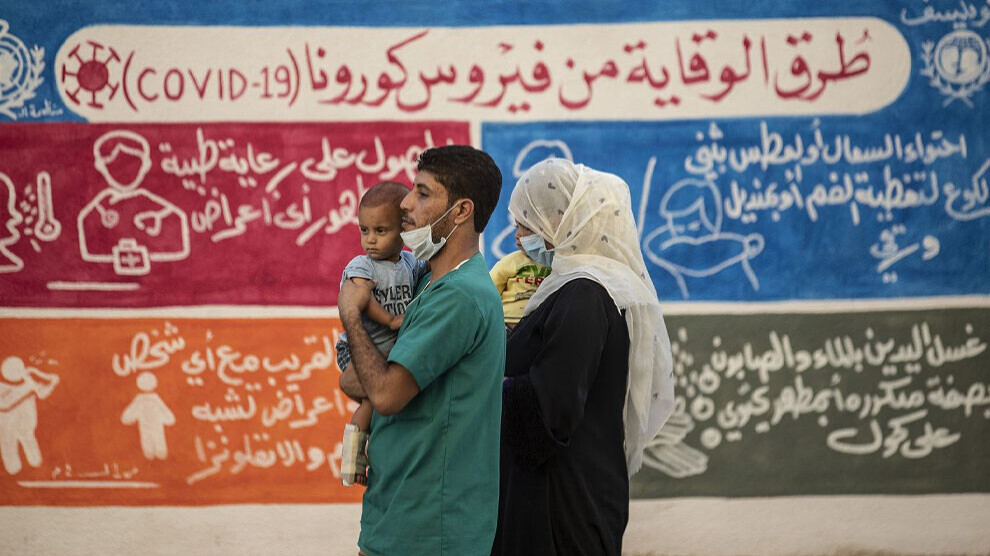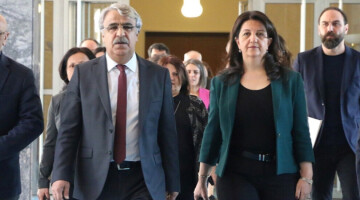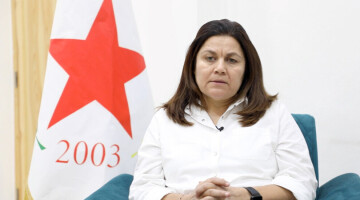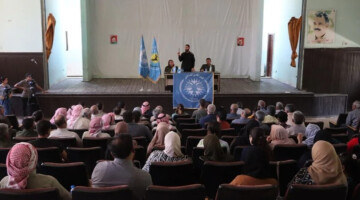120 more coronavirus cases have been in northern and eastern Syria, reported the Health Committee of the Autonomous Administration of North-East Syria on Saturday. This means that 6,945 infections with the Covid-19 pathogen have been recorded in the self-governing regions since the outbreak of the disease. The number of people who have died of virus is now 189, following two more deaths in the past 24 hours. 1,019 of the cases reported so far are considered to have recovered, according to the Health Committee.
Most new infections were found in Tabqa, with 26 cases, followed by Kobanê and Shehba, with 21 and 17 more infected persons respectively. The cities of Raqqa and Deir ez-Zor each reported 13 new coronavirus infections, closely followed by Hesekê with 12 more cases. New infections have also been registered in Dêrik, Qamishlo, Girkê Legê, Amûdê, Dirbêsiyê and Manbij. 58 of the newly infected are women.
Since corona testing capacities in Northern and Eastern Syria are very limited, the number of unreported infections in the population is likely to be quite high. PCR tests are considered a chronic shortage. The region is de facto on its own in the fight against the pandemic anyway, and the World Health Organization provides hardly any significant support. The consequences of the pandemic also burden the fragile health care system of the autonomous regions, which are exposed to permanent threats from NATO partner Turkey and its jihadist allies of the from the so-called SNA (Syrian National Army), sleeper cells of the IS, or the regime in Damascus. Northern and Eastern Syria therefore face special challenges in fighting or containing the pandemic.
Lockdown in many regions
On Thursday, the Corona crisis staff of the self-government in Hesekê, Qamishlo, Tabqa and Raqqa imposed a lockdown. In Dêrik, there has been a lockdown since November 6, which was extended by 14 days this week. Markets and stores are closed, and the population observes the measures and does not go out onto the streets.
Donation campaign for ventilators
Meanwhile, the donation campaign for 100 ventilators for Rojava, initiated by the Kurdish Red Crescent organization Heyva Sor a Kurdistanê in early November, continues. In the coronavirus crisis, ventilators are considered essential for the treatment of patients seriously ill with Covid-19. But it is precisely these devices that are most lacking in Northern and Eastern Syria.















